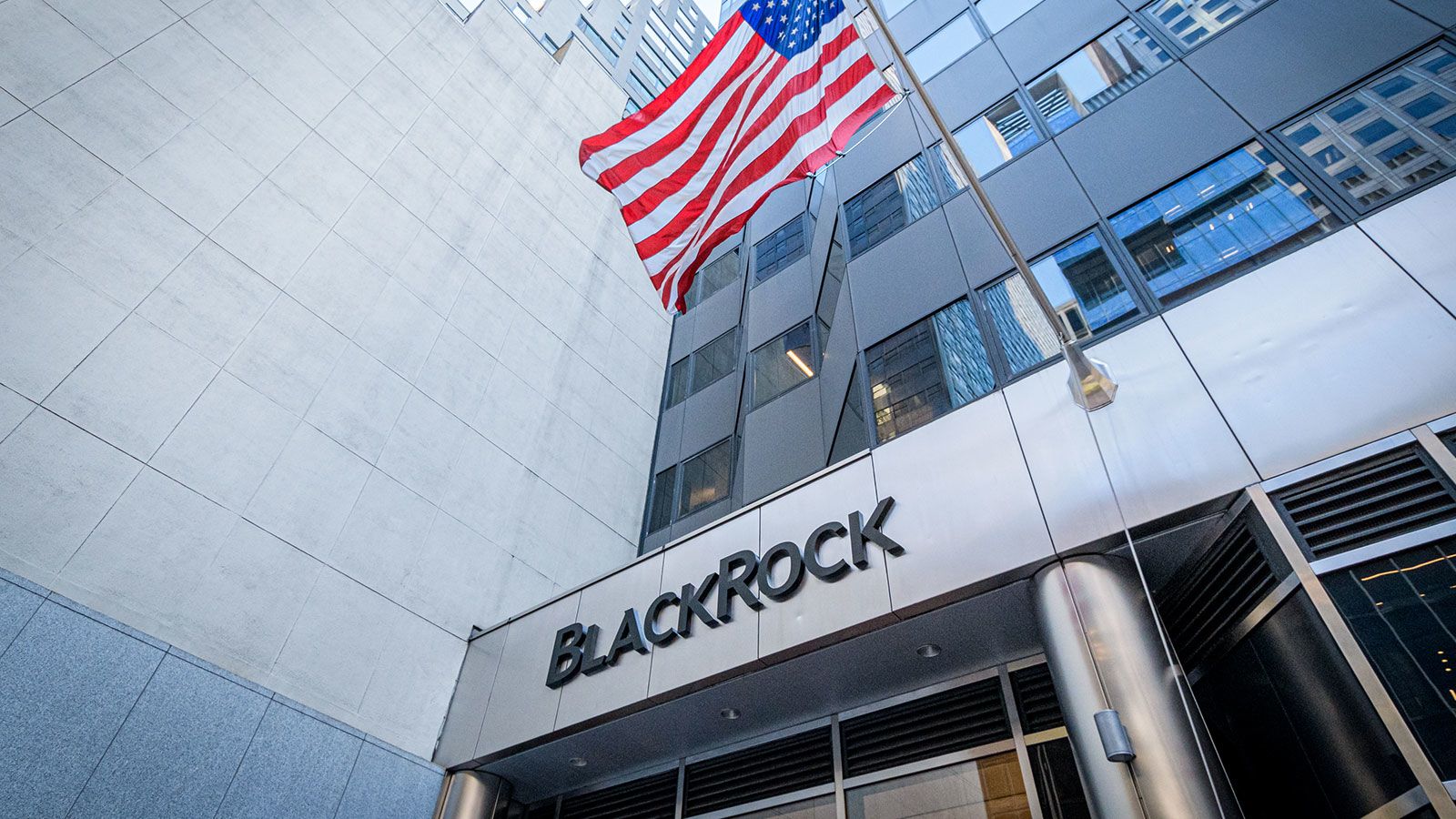BlackRock’s spot Bitcoin ETF application formally accepted for review by SEC
07/19/2023 / By Cassie B.

In a move that many are welcoming as a positive sign for the future of cryptocurrency, the U.S. Securities and Exchange Commission (SEC) has added an application from BlackRock for a spot Bitcoin ETF to its official docket.
BlackRock is the biggest asset management firm in the world, and its application, which was filed in mid-June, has been closely followed by observers as the outcome could provide a clearer picture of the future of crypto-based investments in the United States.
BlackRock’s application was filed at a time when the SEC is cracking down on cryptocurrency platforms for allegedly violating American securities laws by offering digital assets that could be considered unregistered securities.
As a spot Bitcoin ETF, BlackRock’s iShares Bitcoin Trust would trade directly in Bitcoin rather than futures or other derivatives and would own the actual bitcoin itself. By purchasing shares of the spot Bitcoin ETF, investors could access exposure to Bitcoin’s price fluctuations through the fund without having to purchase the cryptocurrency themselves. In addition, it can be traded on a traditional stock exchange, bringing cryptocurrencies even closer to traditional financial markets.
A spot ETF has long been considered a “holy grail” in the industry, and past resistance by the SEC in approving such funds left many wondering if it would ever become a reality. In the past, the SEC has denied applications for Bitcoin ETFs on multiple occasions on the grounds that it believed there was not sufficient protection for investors as well as the risk of market manipulation.
Once the application is officially published in the Federal Register, a 21-day window will be opened during which public comments can be submitted by investors and industry experts on the proposal; these will be posted on their website.
Last month, the SEC indicated that the application from BlackRock was lacking. In response, they revised their application to include a surveillance sharing clause through which the cryptocurrency exchange Coinbase would serve as a custodian, monitoring and reporting any potential illegal activity.
BlackRock’s approval is giving hope to a lot of other companies operating in the sphere. Invesco, Fidelity, Wise Origin Bitcoin Trust, Wisdom Tree and Bitwise are just a few of the names that have filed applications for their own spot Bitcoin ETFs. Several of these companies updated their applications to include similar surveillance sharing provisions to those made by Black Rock.
Meanwhile, Canada has already approved Bitcoin ETFs, and a recent report by the Financial Times revealed that Europe should have its first Bitcoin ETF by the end of the month.
BlackRock CEO envisions crypto as a good portfolio diversification strategy
Many Bitcoin proponents are hoping a BlackRock approval could improve Bitcoin’s reputation and pave the way for greater inflows from legacy institutional investors.
BlackRock CEO Larry Fink recently told CNBC that the firm’s move into crypto is part of their wider goal of offering products that are easy and cheap for investors to use.
In an appearance on Squawk on the Street, he said: “We believe we have a responsibility to democratize investing. We’ve done a great job, and the role of ETFs in the world is transforming investing. And we’re only at the beginning of that.”
His company’s current embracing of Bitcoin is a sharp turnaround from his past stance on crypto; in 2017, he said digital currencies were largely popular because of money laundering. However, he noted that recent interest from clients prompted a closer look at crypto investments, and he believes it can help investors diversify their portfolios.
He added: “It has a differentiating value versus other asset classes, but more importantly, because it’s so international it’s going to transcend any one currency.”
However, he was unable to talk about the spot Bitcoin ETF specifically due to rules barring him from such conversations while the SEC has the filing.
Sources for this article include:
Submit a correction >>
Tagged Under:
big government, bitcoin, BlackRock, Bubble, computing, cryptocurrency, currency crash, currency reset, dollar demise, economic riot, ETF, finance riot, Glitch, money supply, risk, SEC
This article may contain statements that reflect the opinion of the author
RECENT NEWS & ARTICLES
COPYRIGHT © 2017 COMPUTING NEWS


















